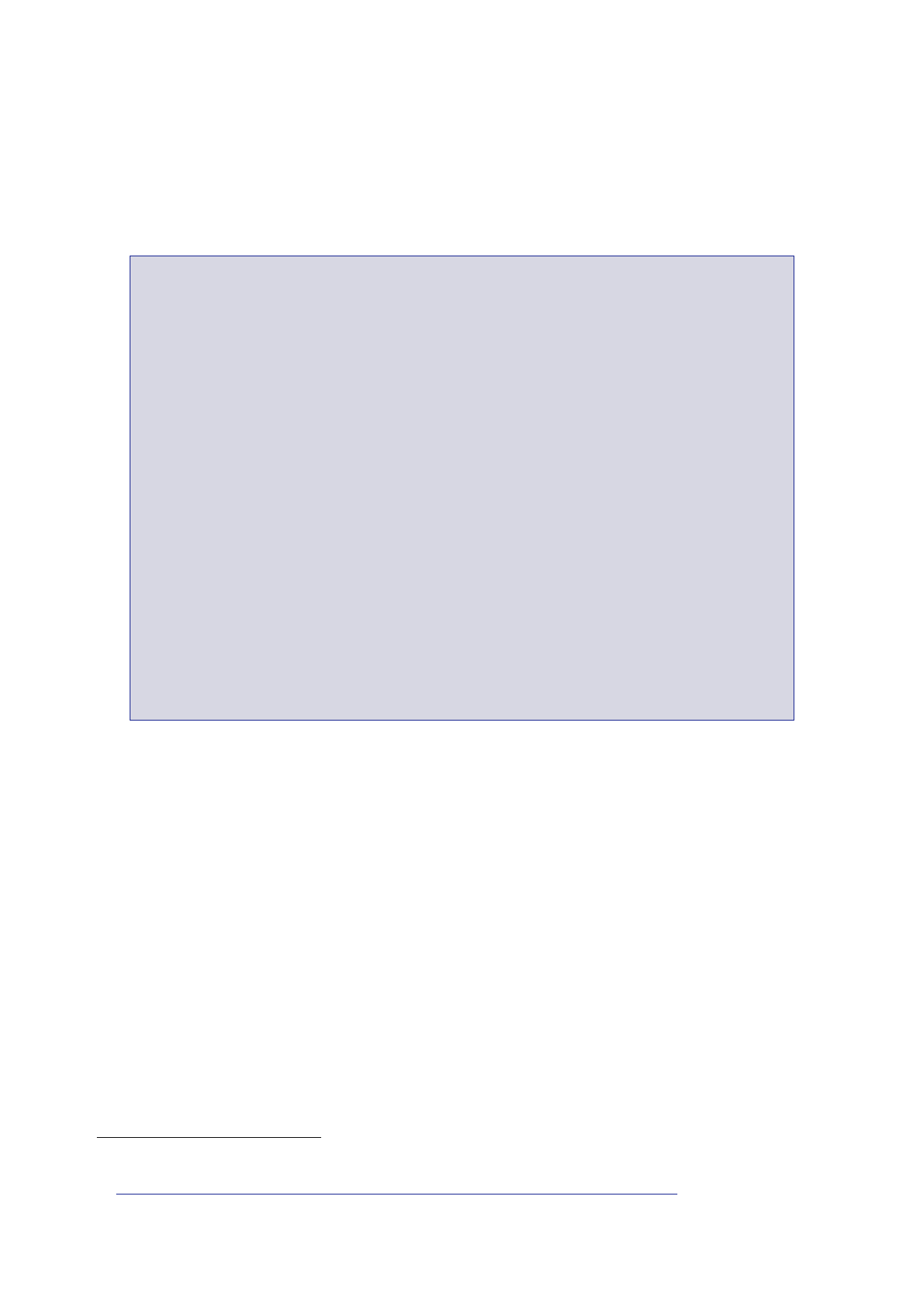
The Report
of the Iraq Inquiry
Security Council
said … 110 days … is stretching the meaning of the
word
‘immediate’ to
breaking point.”
•
France took
“the view that it was possible by continuous diplomacy to
secure
Saddam
Hussein’s compliance. We take a different view. I think the facts
and
history are
with us.”
The FCO
advised No.10 on 4 March that the UK Mission in Vienna had
confirmed
that the
IAEA was on the verge of closing the file on nuclear issues in
Iraq, despite
information
from the UK that had “still not been followed up”.288
The IAEA
had apparently
concluded that:
•
There was “no
significant evidence that Iraq had attempted to procure
uranium
from
Niger”. The documents the IAEA had seen “that formed the basis of
such
an allegation
appeared to be forgeries”.
•
Aluminium
tubes, “although imported illegally”, were “not connected with a
gas
centrifuge
programme”. The Iraqis had “satisfactorily explained the use of
the
tubes, and
the reasons for their various fine tolerances”. The Iraqis “were
no
longer (if
ever) in a position to manufacture a gas centrifuge, especially
without
foreign
assistance”.
•
There was “no
evidence to link the magnets with a covert nuclear
programme”;
the IAEA
had found the part in the guidance system of a
missile.
•
The IAEA had
evidence that a significant amount of the missing 32 tonnes
of
HMX (a high
explosive used to help trigger nuclear fission), had been used
for
commercial
purposes, as the Iraqis had claimed”.
936.
Sir John
Holmes advised on 4 March that France was intent on
preventing
the US and
UK mustering the nine positive votes required for a majority in
the
Security
Council.
937.
Sir John
Holmes confirmed on 4 March that France’s main aim was to “avoid
being
put on the
spot” by influencing the undecided, preventing the US and UK
mustering nine
votes, and
keeping alongside the Russians and Chinese; and that there was
“nothing
that we can
now do to dissuade them from this course”.289
He advised
that “nothing the
French say
at this stage, even privately, should be taken at face
value”.
938.
If the French
strategy failed, Sir John advised that “a lone French veto
remains
hard to
imagine but is by no means out of the question”.
288
Letter Owen
to Rycroft, 4 March 2003, ‘Iraq Weapons Inspections: IAEA Line on 7
March’.
289
Telegram
110 Paris to FCO London, 4 March 2003, ‘Iraq: Avoiding a French
Veto’.
350
